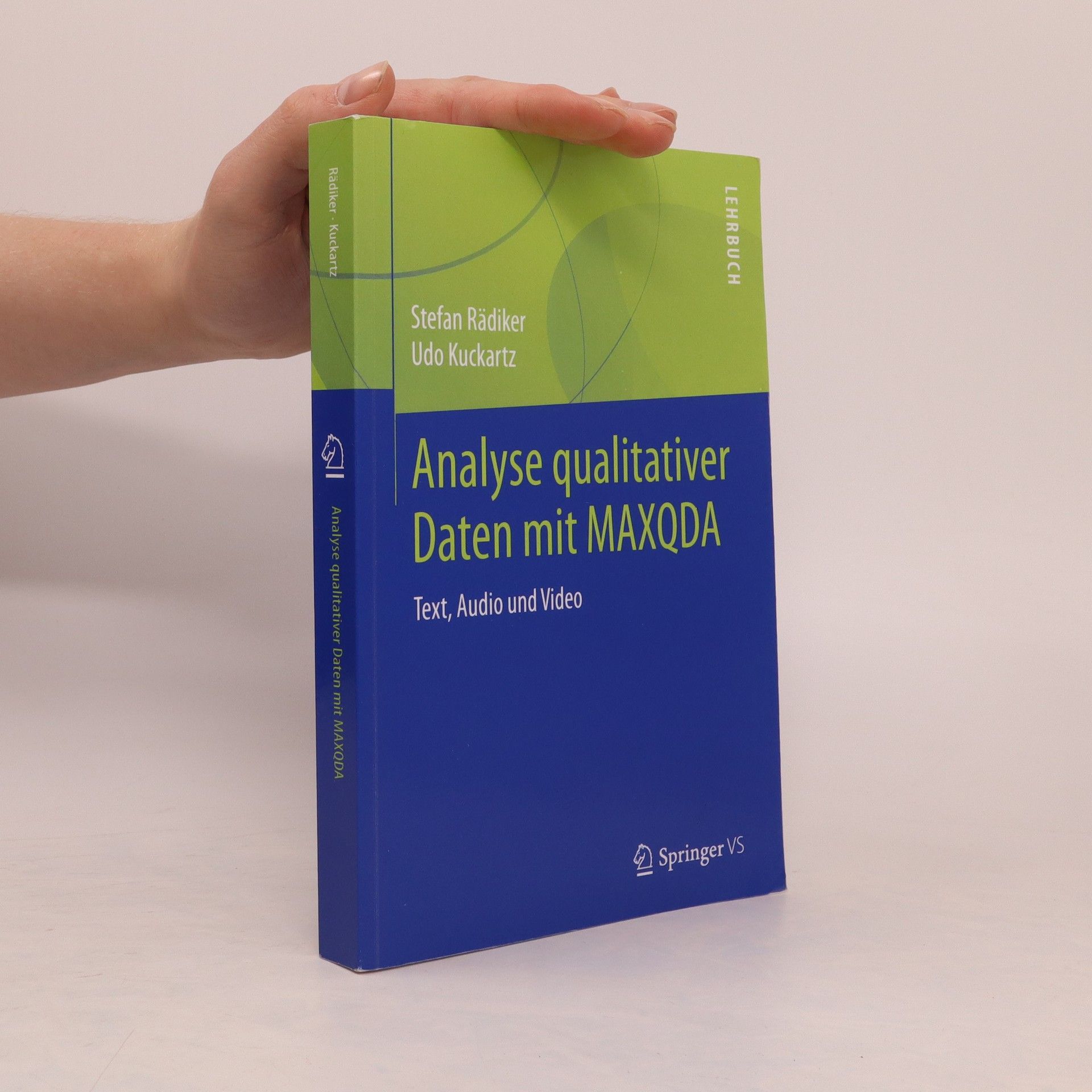Qualitative Inhaltsanalyse. Methoden, Praxis, Umsetzung mit Software und künstlicher Intelligenz
- 295 pages
- 11 hours of reading
Das Buch bietet eine umfassende Einführung in verschiedene Disziplinen und deren grundlegenden Konzepte. Es richtet sich an Leser, die interdisziplinäre Ansätze schätzen und ein vertieftes Verständnis für die Wechselwirkungen zwischen verschiedenen Fachgebieten suchen. Durch anschauliche Erklärungen und praxisnahe Beispiele wird das Wissen zugänglich gemacht, sodass sowohl Studierende als auch Fachleute von den Inhalten profitieren können. Die strukturierte Aufbereitung der Themen fördert ein ganzheitliches Denken und regt zur Anwendung in verschiedenen Kontexten an.

